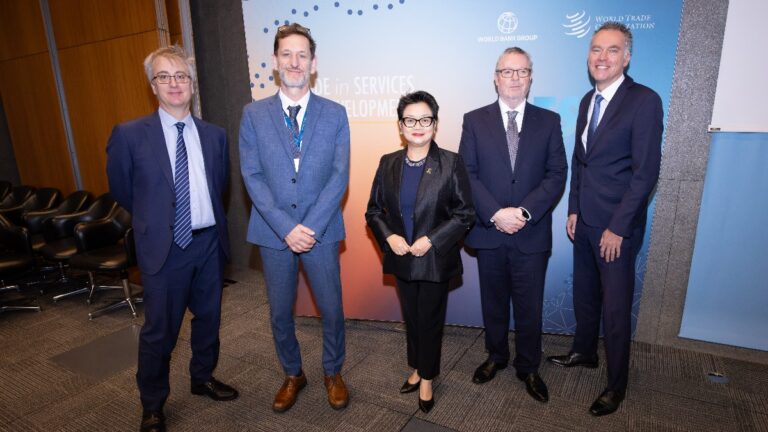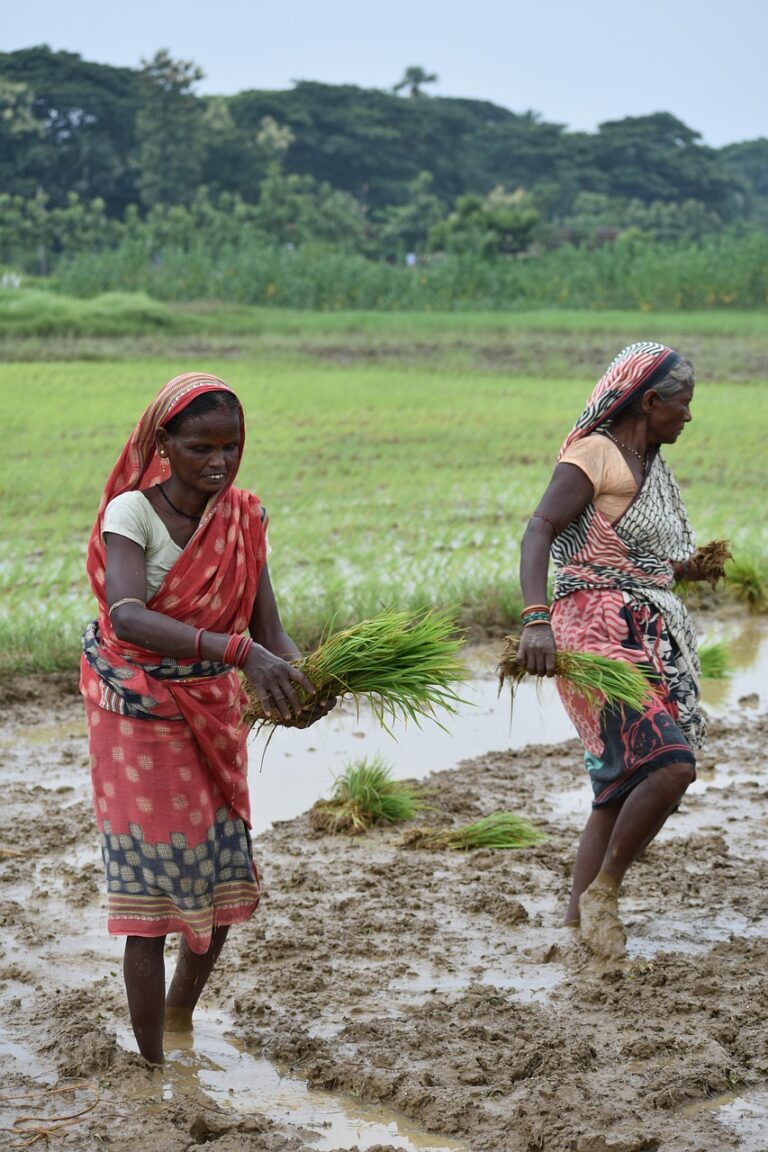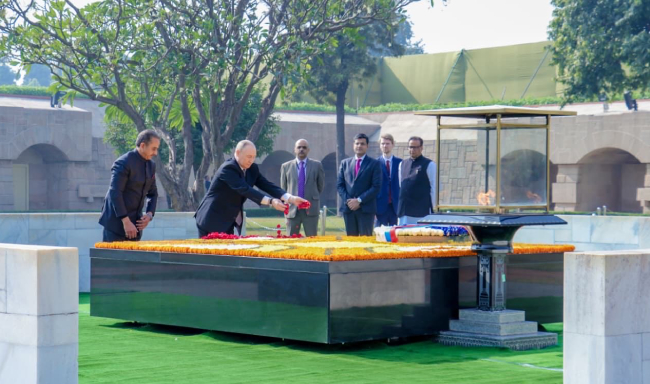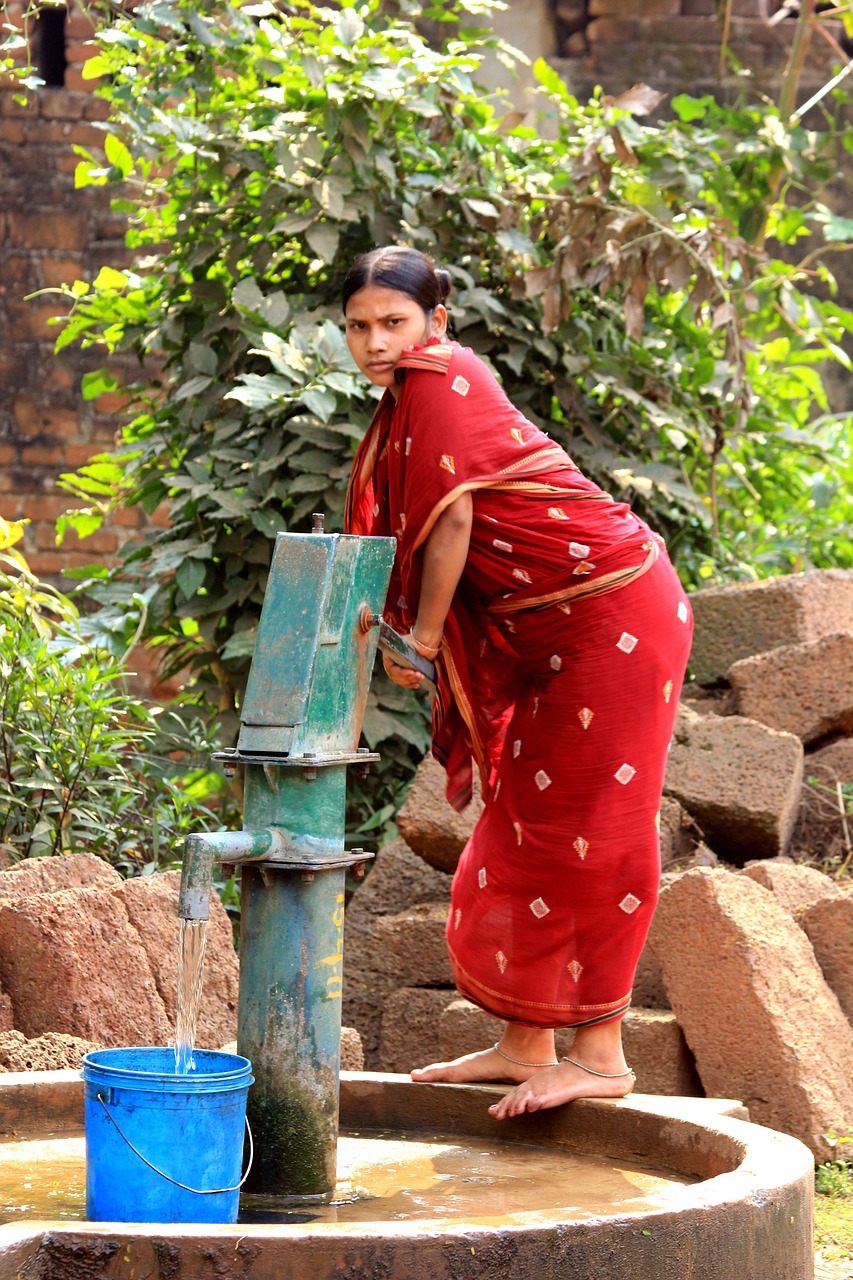
The world is facing an escalating water crisis and climate change. The crisis is gender-free. However, it is also true that women are among the most affected. In many parts of the world, it is primarily women who bear the responsibility of water collection, as cultural norms and gender roles often dictate these duties.
The daily struggle to obtain water becomes a daunting task, impacting women’s time, health, and overall well-being. The physical labour and time spent on water collection limit their opportunities for education, economic empowerment, and personal development. India is no exception.
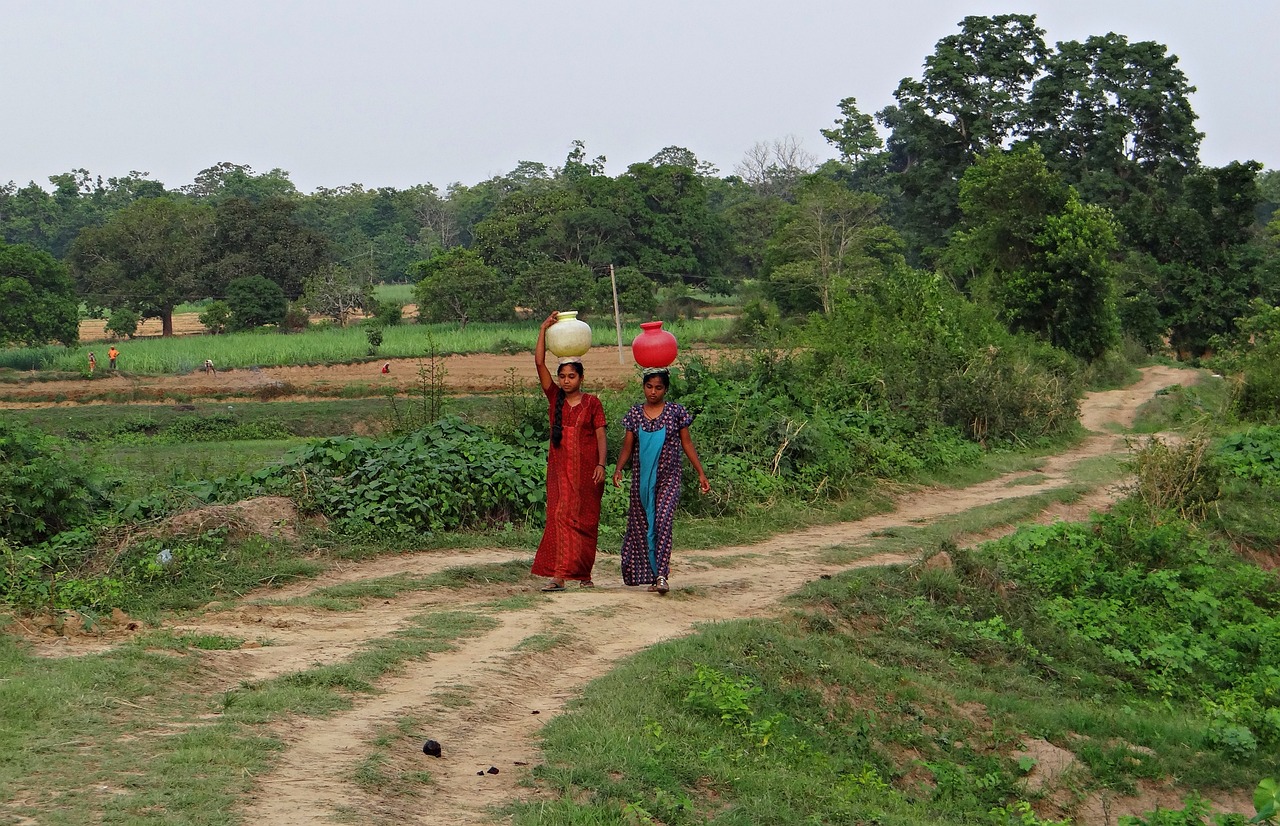
Whether in urban, rural, or tribal areas, women are tasked with the responsibility of fetching water for their households. While privileged or wealthy women may have the luxury of assistance, the majority of women face the same arduous journey.
Also read: The shocking first in-depth analysis of gender inequalities in WASH!
In the urban slums of Delhi which is the capital of India, women still wait for water tankers, waking up early and enduring fights over limited resources. In villages, women trek long distances to fetch water, and in remote tribal areas, the challenges are even greater. It is high time to address this issue and empower women to become water literate, encouraging them to take action to conserve water in their homes and lead a broader social movement to transform behaviours and attitudes towards water. Additionally, the lack of access to clean and safe water affects women’s health, as they are more susceptible to waterborne diseases due to inadequate sanitation facilities.
The inequality and suffering women face due to water scarcity and lack of access are clear indicators of the urgent need for change.
The fear of the water crisis is not trying to beat the ghost. Don’t forget what happened in Chennai when on June 19, 2019, the city officials declared that “Day Zero”, or the day when almost no water is left, had been reached, as all the four main reservoirs supplying water to the city had run dry after two years of deficient monsoon rainfall.
As women are natural caregivers and guardians of their families’ well-being, they can take the lead in preventing such a scenario by driving behavioural change and advocating for sustainable water management.
There is an urgent need for an awareness campaign. Water literacy is not just about understanding the importance of water; it is about empowering women to take charge of their water resources and initiate sustainable practices. Every woman has the potential to become a catalyst for change within her own household and community. By fostering water literacy, women can learn practical ways to conserve water, such as efficient water use, rainwater harvesting, and wastewater management. They can also raise awareness about the value of water, influencing behaviours and attitudes towards its conservation. Water literacy equips women with the knowledge and skills to not only address immediate water challenges but also adapt to future uncertainties and ensure long-term water security.
Women, being intimately connected to nature and their communities, have a unique perspective and inherent strength to drive change. By harnessing this power, they can lead a social movement focused on water conservation and sustainability. This movement begins at the individual level, with each woman taking responsibility for saving water in her own home. Simple actions such as fixing leaky taps, using water-efficient appliances, and practising responsible water use can have a significant impact when multiplied across communities. Women can also organize awareness campaigns, workshops, and community engagement activities to promote water literacy and create a collective understanding of the importance of water conservation.
A comprehensive 5 points environment-friendly agenda can also be recommended. This includes the following initiatives:
- Rainwater harvesting promotes the adoption of rainwater harvesting techniques in housing societies to replenish groundwater levels and combat water scarcity.
- Spreading awareness and practice the process of installation of solar panels in Housing societies.
- Waste segregation at the source for enabling effective recycling and minimizing the burden on landfills. This aims to spread awareness as well as implement waste segregation at the source among the residents at the household level.
- Educating communities on the benefits of composting organic waste, which not only reduces landfill waste but also produces nutrient-rich compost for gardening and agriculture, and practice the same in the Housing Society.
- Use of cotton bags instead of single-use plastic bags to curb plastic pollution and protect our ecosystems.
Let’s join hands to combat climate change.
*Dr Shobha Vijender is the founder and president of a Delhi-based NGO, Sampurna, which was established in 1993. Though set up initially for empowering the entire womanhood, Sampurna NGO now believes women and the environment are not separate issues and is working towards empowering women to lead the way towards water sustainability.



